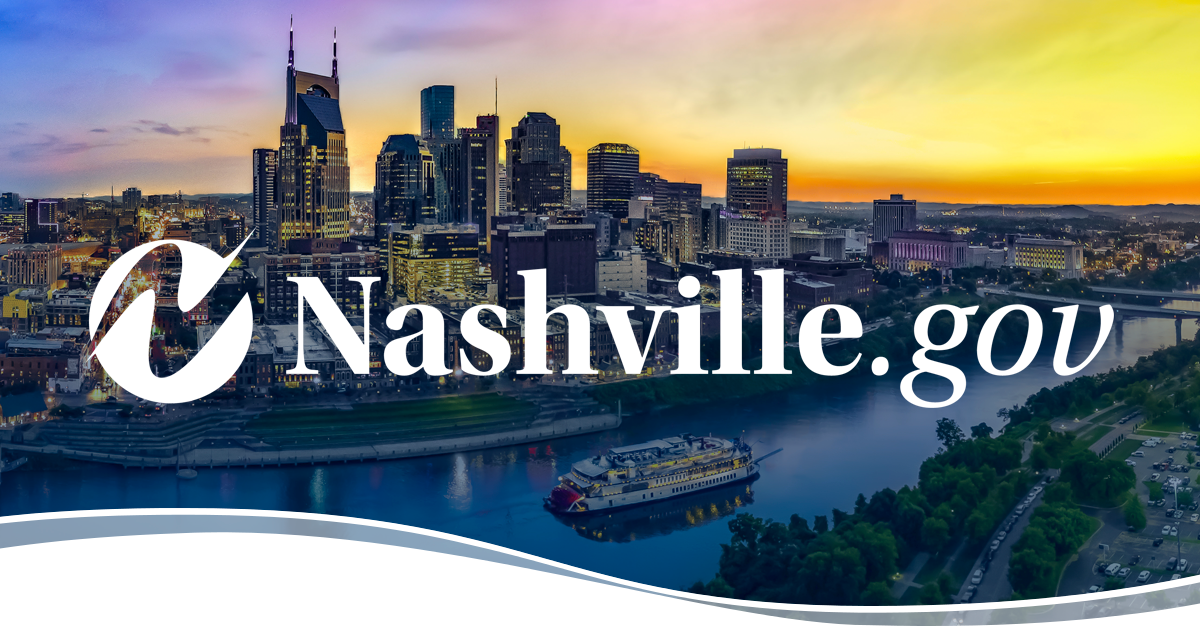Infra
United States Department of Transportation (USDOT) Awards Nashville $4.7 Million for Electric Charging Infrastructure

The United States Department of Transportation (USDOT) and The Federal Highway Administration (FHWA) announced today (American Communities Plug into Over Half a Billion in New Funding to Advance EV Future) that the Metropolitan Government of Nashville and Davidson County will receive nearly $4.7 million in federal funding to upgrade and expand its network of publicly-available electric vehicle (EV) infrastructure and charging stations throughout the city. The funds will greatly expand access to EV chargers across Nashville and help alleviate “range anxiety” for electric vehicle motorists.
The award stems from a 2023 application to the Charging and Fueling Infrastructure Discretionary Grant Program (CFI Program) submitted by Mayor Freddie O’Connell’s Office, the Department of General Services, and the Nashville Department of Transportation and Multimodal Infrastructure (NDOT) to strategically add electric vehicle charging infrastructure in publicly accessible locations, and will include collaboration with Nashville Electric Service (NES) to power the locations.
“From Choose How You Move to EV infrastructure, we’re accelerating our transportation future here in Nashville,” said Mayor O’Connell. “Thanks to this grant from the Biden-Harris administration, we have the opportunity to give those choosing to drive EVs more convenient public charging options, allowing us to tackle the single largest contributor to greenhouse gas emissions in Nashville. Receiving support from the Charging and Fueling Infrastructure Grant Program is a big win for our work to support cleaner, healthier communities and people.”
The “Electrify MUSIC City Project” will establish an accessible and reliable Electric Vehicle Charging Infrastructure (EVCI) network and the program doubles the number of EV charging locations in Nashville and secures 63% of its charging locations in historically underinvested areas.
The project includes the maintenance of existing EVCI and the installation of 43 new Level 2 chargers and DC Fast Chargers, providing Nashville with 78 dual-port chargers across 34 locations in Davidson County. To encourage the usage of multimodal and shared-use transportation, several charging stations are proposed to be located at or near transit hubs, such as the Hermitage and Donelson park-and-ride lots and the North Nashville Transit Center. The project will also focus on stations near community-based, publicly accessible locations, such as libraries, police stations, and community centers.
“The transportation sector accounts for 51% of Nashville/Davidson County’s community emissions,” said Kendra Abkowitz, Senior Director of the Mayor’s Office of Sustainability and Resilience. “Nashville will use the $4.7 million from the Charging and Fueling Infrastructure Grant Program to upgrade and install EV infrastructure in convenient and publicly accessible locations across the county, making it easier for more Nashvillians to use cleaner, greener vehicles,” she added.
With an expected 200,000 electric vehicles on Tennessee roads by 2028, Gerald C. Smith Sr., the Director of the Department of General Services, underscores the importance of providing community members with alternative fueling options.
“This investment propels Metro’s electric vehicle charging infrastructure forward, replacing outdated equipment and expanding service. Nashville’s residents and visitors will have more options to charge their EVs,” said Director Smith.
“I couldn’t be more thrilled to get started on this important work of adding essential green transportation infrastructure all across Nashville,” said NDOT Director Diana Alarcon. “These kinds of federal investments in Nashville demonstrate a commitment to a high-quality, sustainable network that gets people where they want and need to go, and I’m grateful to our partners at USDOT and FHWA for making our city a priority.”
To report a non-emergency issue affecting a Metro Nashville street, visit hub.nashville.gov.










